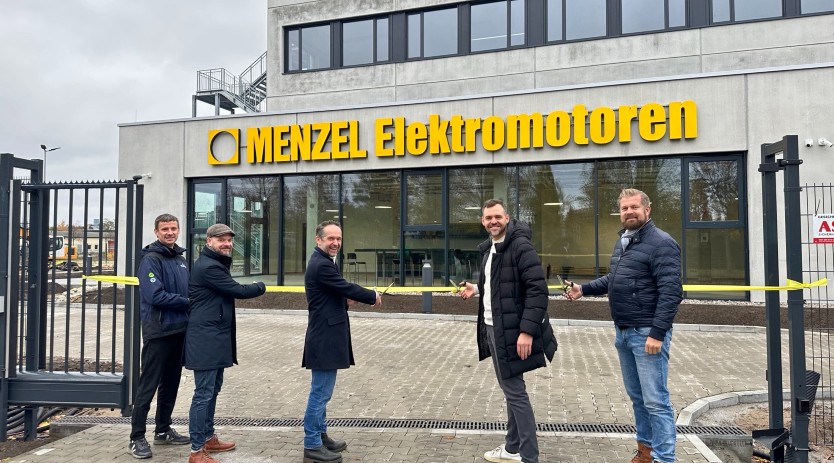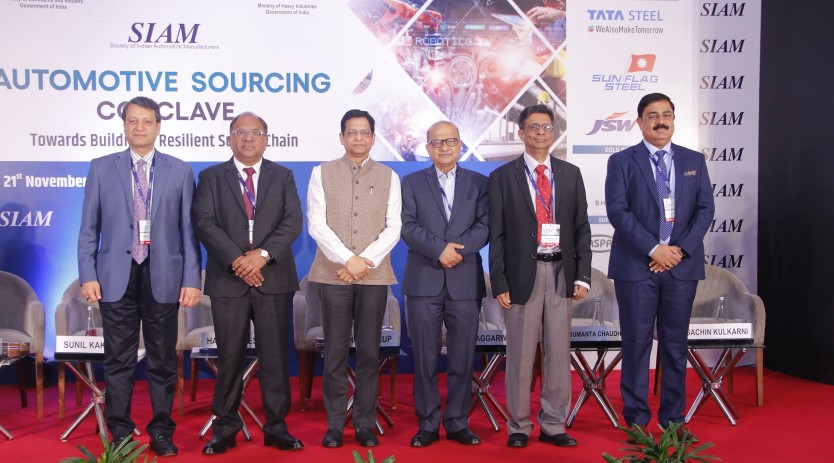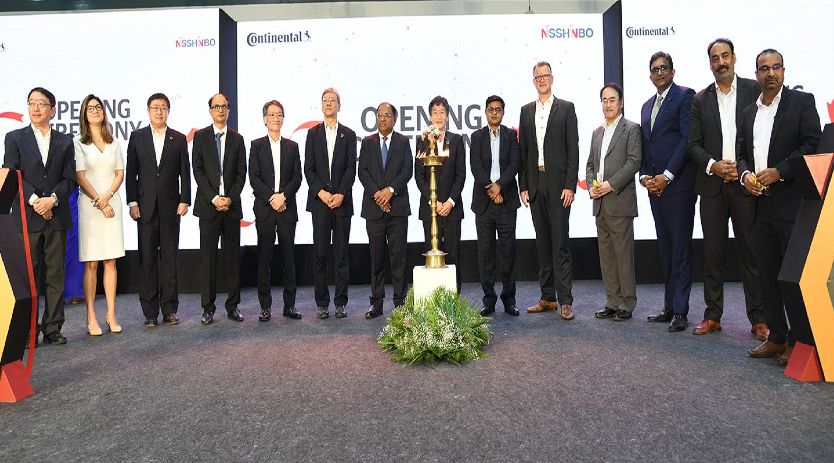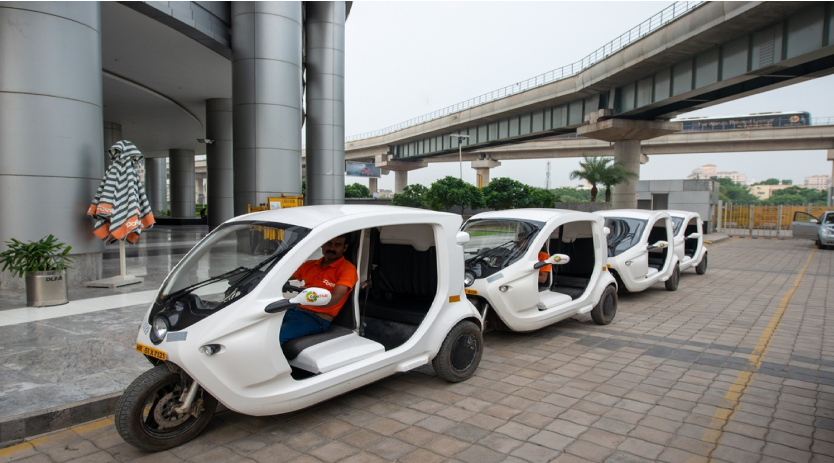Investment in manufacturing robotics will create jobs, not fewer them
January 6, 2016 10:50 am
Investing an additional £1.2 bn in automation has the potential to add as much as £60.5 bn to the UK economy over the next decade
Investing in robots would create more jobs for the UK’s embattled manufacturing industry, not take them, according to research from Barclays.
According to the ‘Future-proofing UK manufacturing’ report by U.K. banking giant Barclays, “Investing an additional £1.2 bn into manufacturing processes, to increase robotics and automation over the next decade could add as much as £60.5 bn to the UK economy over the next decade. This is equivalent to nearly two fifths of the manufacturing sector’s value to the economy today.”
The report reveals that investing in automation technology will help to increase the international competitiveness of the UK’s manufacturing sector through increased manufacturing productivity and efficiency. “As a result of additional investment, the manufacturing sector will be worth £191bn in 2025, £8.6bn more than currently projected and a 19.6 per cent increase on today,” the report said.
Furthermore, the report adds, increased investment in automation will help to soften the expected long-term decline in manufacturing sector jobs by safeguarding 73,500 additional workers in 2025, due to the creation of a larger, more productive and competitive UK manufacturing sector.
In addition, 32,300 more jobs will be supported elsewhere in the economy through the generation of more business in the supply chain, from raw materials through to logistics, as well as the effect of workers spending more widely in the economy.
Mike Rigby, Head of Manufacturing, Barclays said, “This report highlights the importance of investing in robotics and automation for manufacturers as a potential solution to the on-going ‘productivity puzzle’. By investing an additional £1.2bn in automation technologies over the next decade, the UK manufacturing sector is forecast to create an additional £60.5bn of economic output and safeguard more than 105,800 jobs throughout the wider economy.”
However, he adds, “To reap these rewards we need to address some of the barriers to investment including the need for more user-friendly and flexible technology, addressing skills barriers within the sector and supporting manufacturers to access the funding and information already available to them for robotics investment.”
Pharmaceutical and food manufacturing sectors most likely to benefit The pharmaceutical and food manufacturing industries have the most to gain from further investments in automation with the research showing a more than 10 per cent increase in output between 2016 and 2020 and close to a 25 per cent rise between 2020 and 2025 for both sectors. This will be driven by the two sectors’ comparatively large existing base in terms of size and take up of automation technology, and by the relative ease of application of automation technology to both sectors.
More than half of British manufacturers already invest in automation The research found that more than half (58 per cent) of British manufacturers surveyed report that they have already invested in automation and, of these, two-thirds (65 per cent) felt that they are more productive as a result. Furthermore, 76 per cent of British manufacturers report that they believe there are opportunities for further investment in their business with parts manufacturing (24 per cent) assembly (15 per cent) and packaging (12 per cent) identified as areas of the business with the greatest potential for future investment in automation technology.
Access to funding needed to increase automation uptake The research also shows that British manufacturers are nearly as likely to report investing in automation as their German counterparts (58 per cent vs 66 per cent respectively). This indicates a wide base of existing investment for the British industry to build from if barriers to investment can be addressed.
British manufacturers cited factors such as the availability of both internal and external funding (23 per cent and 15 per cent respectively), competing demands for capital expenditure (26 per cent), limitations with current technology (18 per cent), return on investment (16 per cent), concerns over workforce morale (11 per cent) and relevant skills (10 per cent) as barriers to greater automation investment in the past 12 months.
Cookie Consent
We use cookies to personalize your experience. By continuing to visit this website you agree to our Terms & Conditions, Privacy Policy and Cookie Policy.

















